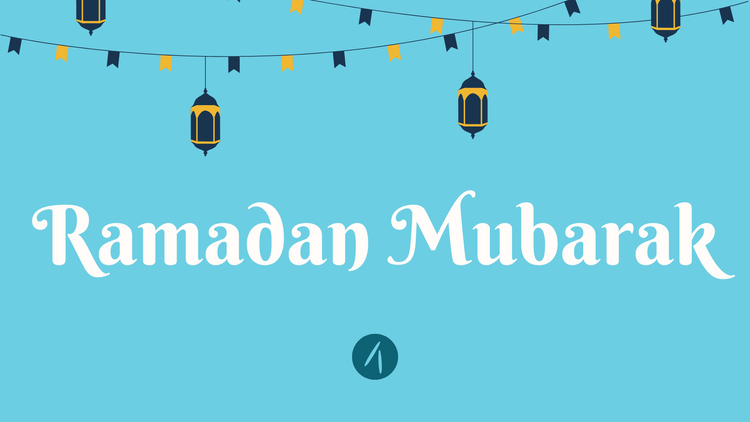Ramadan
Wajeeh Khan
Mar 23, 2023

Taking place during the ninth month of the Islamic calendar, Ramadan is a month where communities get together for prayer, reflection, self-improvement, charity, and of course, fasting (or sawm in Arabic). Observed by nearly two billion people worldwide, the annual observance of Ramadan is a core component of the Muslim faith, with it being regarded as one of the Five Pillars of Islam. Beginning and ending on a crescent moon, Ramadan lasts for either twenty-nine or thirty days. Since the Islamic calendar is lunar, the start of Ramadan moves back by 10 days every year, based on when the new crescent moon has been sighted. The last ten days of Ramadan (especially the odd-numbered nights) are particularly important, as it is believed that the Qur’an (Islam’s holy scripture) was revealed during this time. For the last ten days, it is very common for many Muslims around the world to gather together and spend most of the night in collective devotion and remembrance of God. Ramadan is capped off by the holiday of Eid Al-Fitr, which celebrates family, community, gift-giving, and the end of the month of fasting.
 2019 Eid Al-Fitr fireworks at the Islamic Center of Greater Cincinnati (Photo by JP Leong)
2019 Eid Al-Fitr fireworks at the Islamic Center of Greater Cincinnati (Photo by JP Leong)
During this time, Muslims fast every day from sunrise to sunset, abstaining from both food and drinking, including water. Fasting is fard (meaning “obligatory” in Arabic) for all Muslims who have reached puberty, unless they are acutely or chronically ill, traveling, pregnant or breastfeeding, mentally handicapped, menstruating, or diabetic. Before the fast begins, observers have Suhoor (“pre-dawn meal” in Arabic). Suhoor typically begins about one to two hours before sunrise, and ends when the call to Fajr (“morning prayer” in Arabic) is made, which is slightly before sunrise. Throughout the day, as Muslims partake in their daily routines, there is an increased emphasis on self-reflection, self-improvement, and self-control, along with regular prayer, the study of the Qur’an, and following the practices of the many Islamic prophets.
After Maghrib (sunset), Muslims break their fast in a meal known as Iftar. This meal traditionally commences by eating dates, to commemorate the Prophet Muhammad’s practice of breaking his fast with dates. Once the fast is broken, families come together to offer salat (prayer) for Maghrib, which is the fourth out of the five daily prayers in Islam. After prayer, the main meal is served! Iftar is a highly social event, with many families and communities gathering together to have savory family-style or buffet style meals. It is also highly encouraged for people to give out free meals for Iftar, regardless of someone’s status or privilege. Thus, many mosques offer free Iftar services for the community, including some here in Cincinnati, such as:
The Islamic Center of Greater Cincinnati (ICGC) in West Chester will offer free communal Iftar dinners on Mondays and Thursdays in Ramadan, along with free suhoor services during the last ten days of Ramandan. More information on ICGC’s iftar and suhoor services can be found on the IGCG website.
The Islamic Center of Greater Cincinnati
8092 Plantation Drive, West Chester, OH, 45069
The Clifton Mosque will also be offering free Iftar dinners on select days. More information can be found on their Facebook page.
The Clifton Mosque
3668 Clifton Avenue, Cincinnati, OH, 45220
Ramadan is the most important month of the year for Muslims all around the world. On top of the increased devotion, community, and charity throughout the Muslim community, Ramadan offers Muslims with chances at bettering themselves physically, mentally, and spiritually. Whether you’re Muslim or not, we hope that the month of Ramadan offers you blessings, guidance, zesty food, and plenty of good times with your family and friends!
Ramadan Mubarak from the Asianati team!